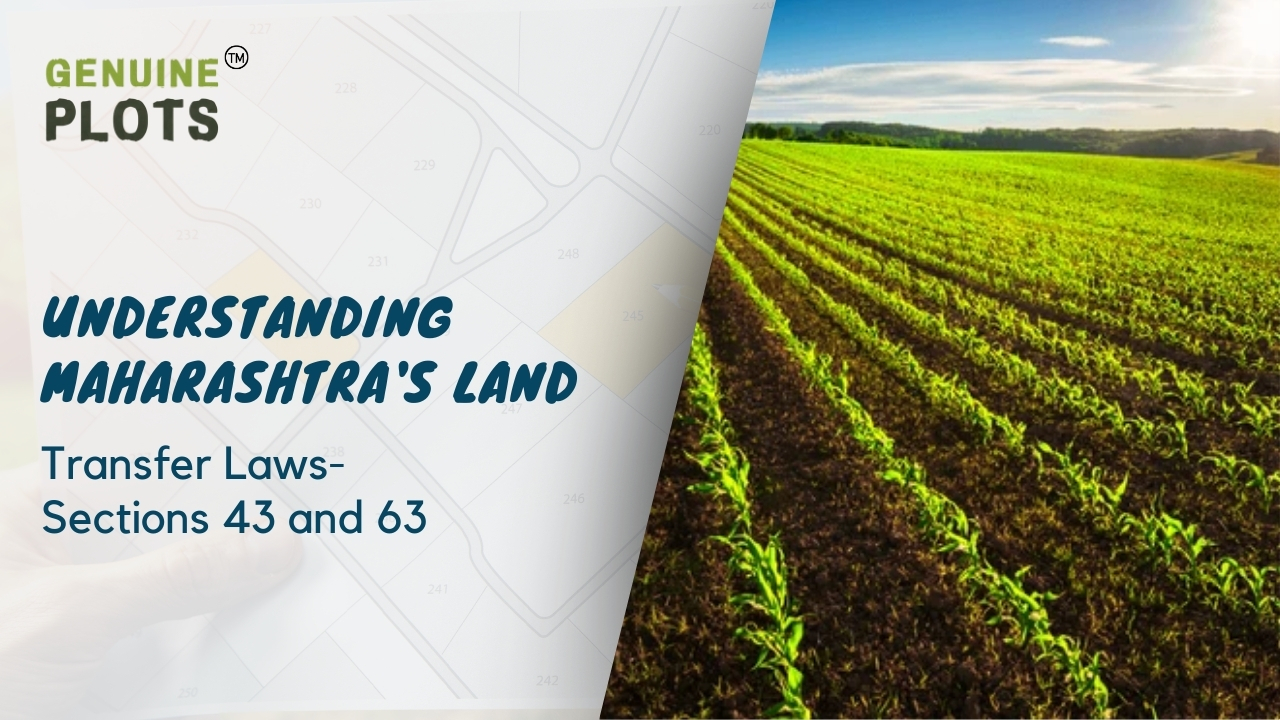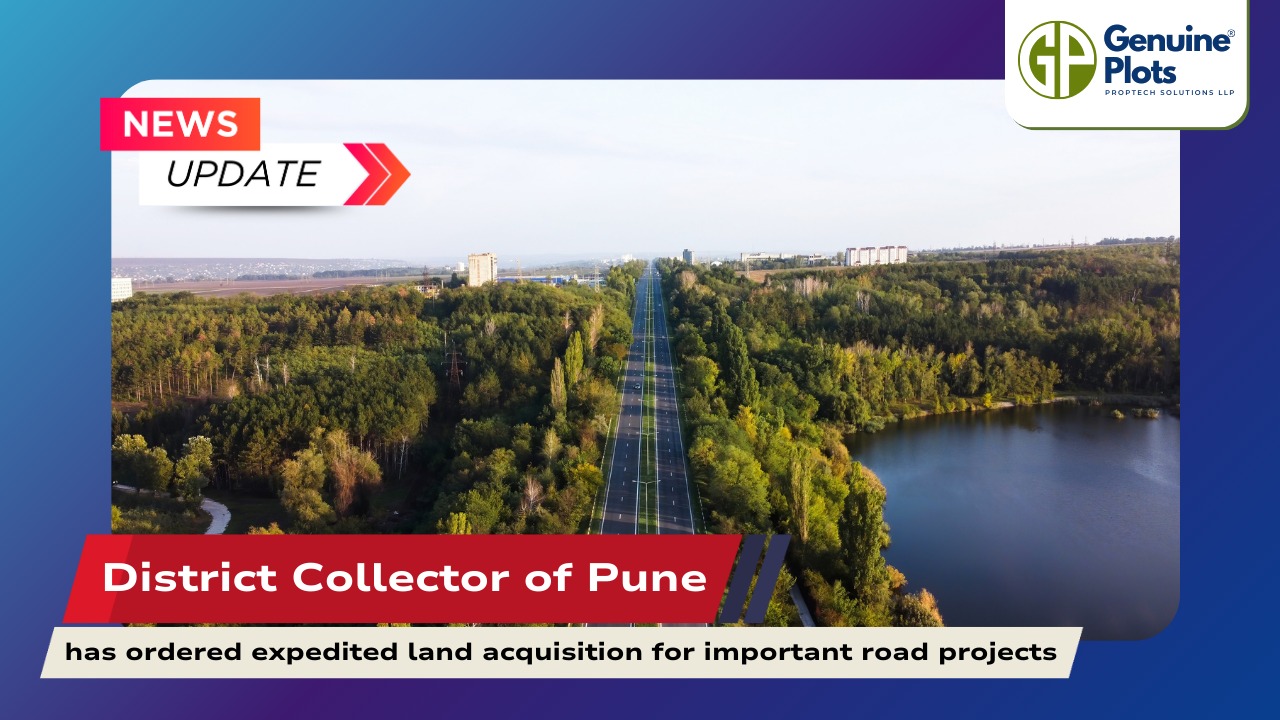Prev Post
Guide to Buying Land in Maharashtra: Simple Steps for Safe and Smart Land PurchasesIn Maharashtra, a state known for its bustling urban centers and rich agricultural heritage, a delicate dance between urbanization and the preservation of agricultural lands is underway. As rural populations flock to urban cities in search of better opportunities, the very essence of village life undergoes a transformation, with farmland often being acquired by non-agricultural entities. However, amidst this dynamic shift, the state has implemented crucial legal safeguards to protect the interests of agricultural communities.
Sections 43 and Section 63 of the Bombay Tenancy Act and Agricultural Lands Act, 1948
Sections 43 and Section 63 of the Bombay Tenancy Act and Agricultural Lands Act, of 1948, serve as pillars of protection for agricultural lands and the communities that depend on them. These sections impose restrictions on the transfer of agricultural lands, ensuring that they remain in the hands of cultivators and agricultural laborers. The intent is clear: to prevent the exploitation of vulnerable groups and safeguard the vital connection between cultivators and their land.
Amendments in Section 63
Recent amendments to Section 63 have introduced provisions aimed at striking a balance between urban development and agricultural preservation. While the transfer of agricultural lands for non-agricultural purposes is no longer barred within certain municipal and planning authority limits, stringent conditions have been imposed to regulate such transactions.
The amended Section 63 outlines a series of provisos designed to prevent speculative land hoarding and ensure responsible land utilization:
- Lands transferred for non-agricultural purposes must be utilized within five years, preventing stagnation and misuse.
- Failure to utilize the land within the stipulated timeframe incurs non-utilization charges and potential land resumption by the Collector.
- Defaulting transferees face consequences, including land forfeiture and auctioning by the Collector.
- Original landowners are given opportunities to repurchase land if the transferee fails to meet obligations.
- Transferees seeking to sell land before the expiration of ten years must obtain prior permission, discouraging premature land speculation.
These provisions serve as a blueprint for sustainable land management, promoting responsible urbanization while safeguarding agricultural interests. By balancing the needs of both urban and rural communities, Maharashtra strives to achieve equitable development and preserve its agricultural heritage for generations to come.
In the face of rapid urbanization, Maharashtra stands as a beacon of proactive land governance, setting a precedent for other regions grappling with similar challenges.







